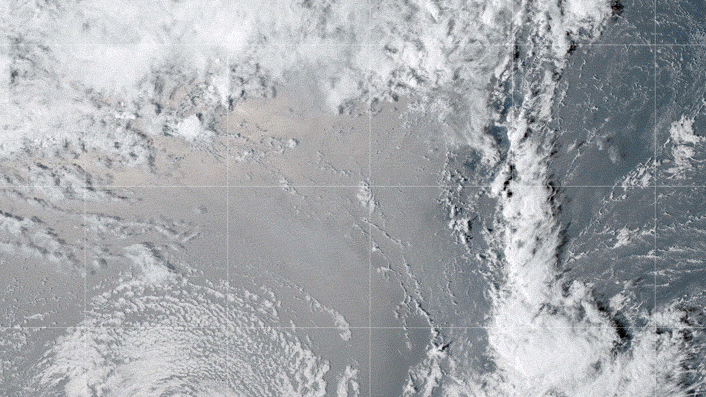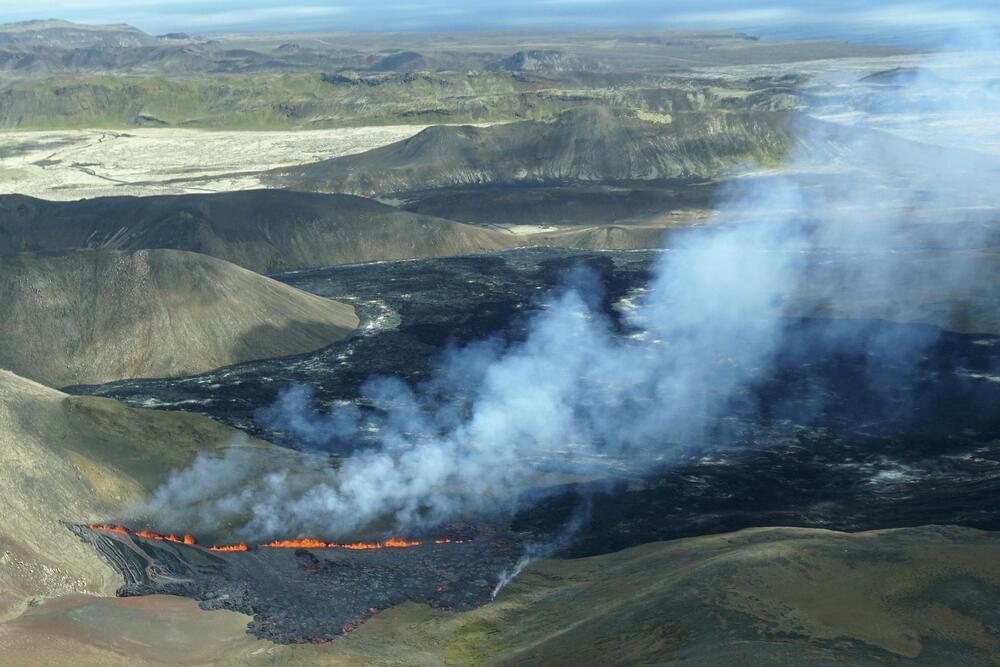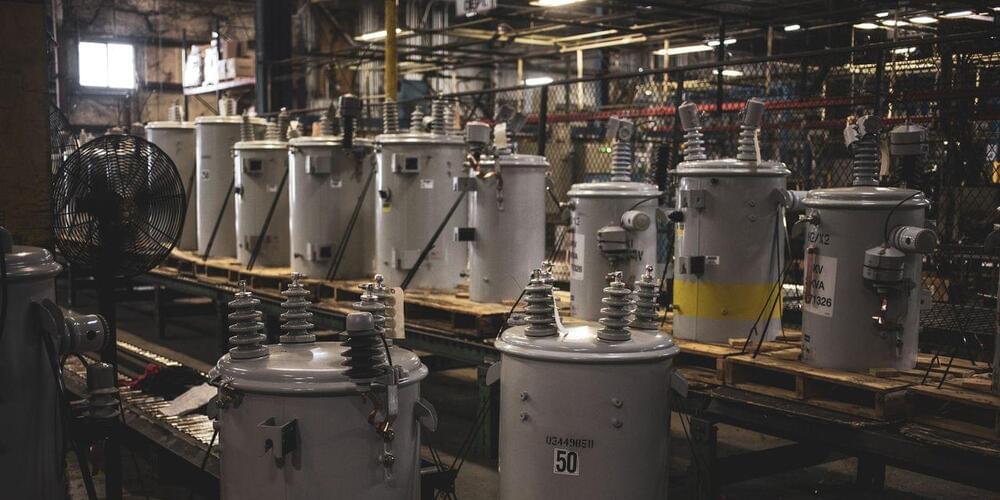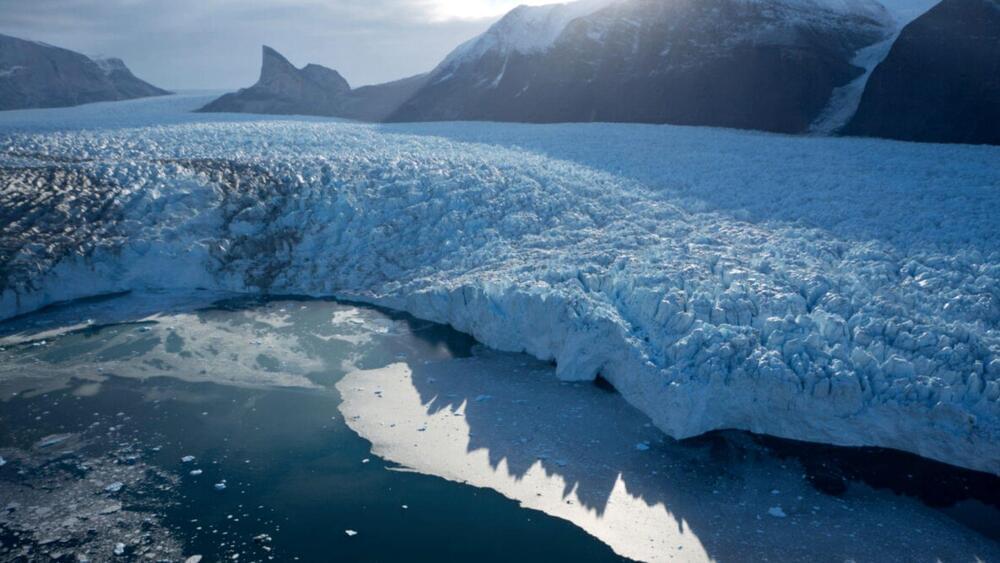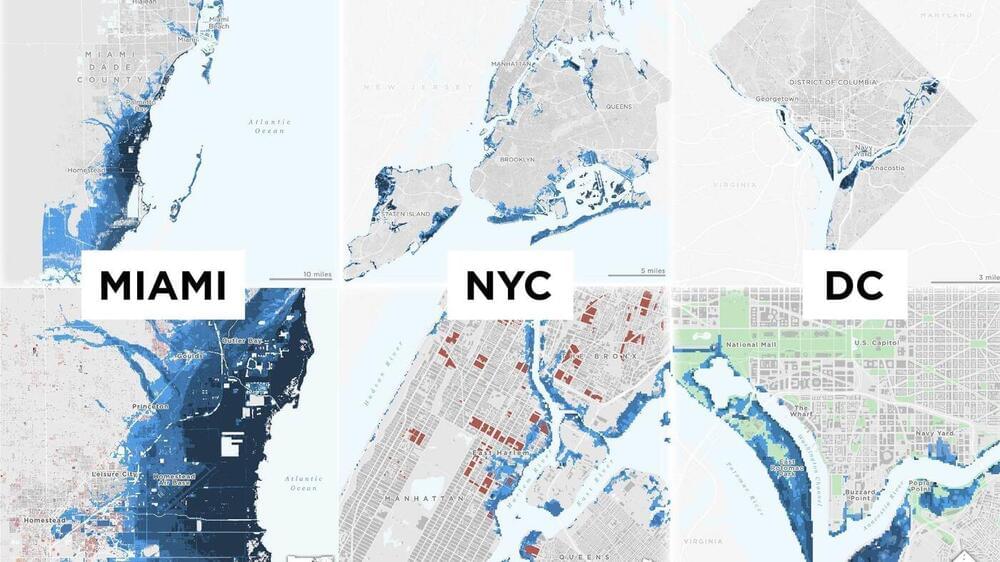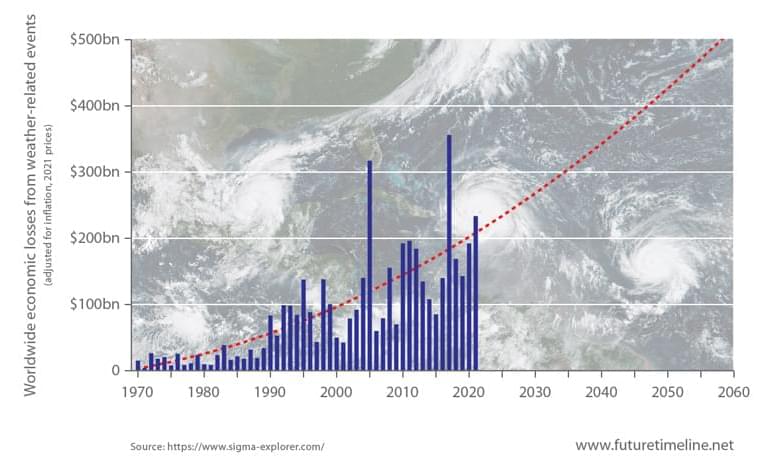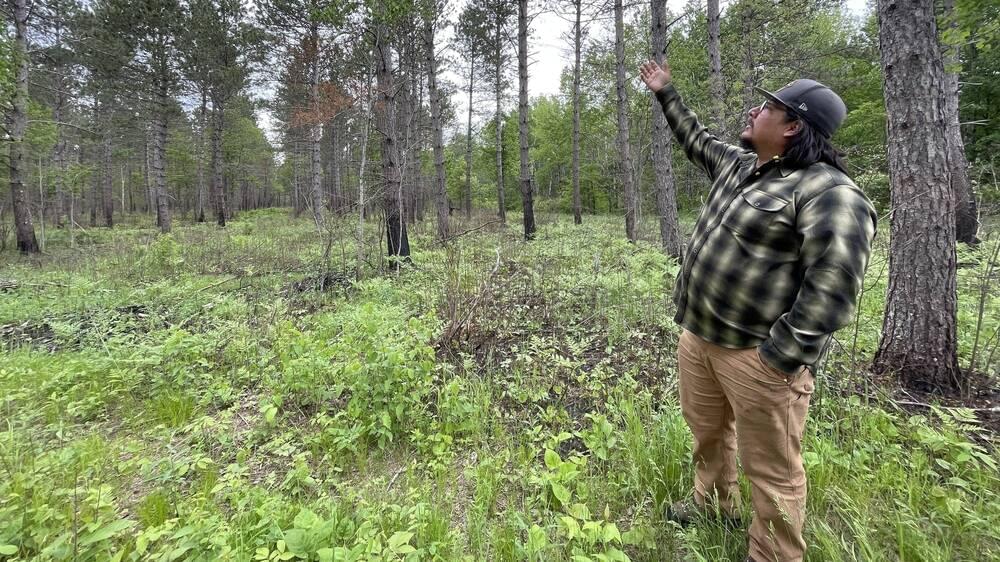
A new study finds that decarbonization pathways need to incorporate more efficient electric heating technologies and more renewable energy sources to minimize strain on the U.S. electric grid during increased electricity usage from heating in December and January. Otherwise, harmful fossil fuels will continue to power these seasonal spikes in energy demand.
Buildings’ direct fossil fuel consumption, burned in water heaters, furnaces, and other heating sources, accounts for nearly 10 percent of greenhouse gas emissions in the United States. Switching to an electric system that powers heating through renewable energy sources, rather than coal, oil, and natural gas—the process known as building electrification or building decarbonization—is a crucial step towards achieving global net-zero climate goals.
However, most building decarbonization models have not accounted for seasonal fluctuations in energy demand for heating or cooling. This makes it difficult to predict what an eventual switch to cleaner, all-electric heating in buildings could mean for the nation’s electrical grid, especially during peaks in energy use.
